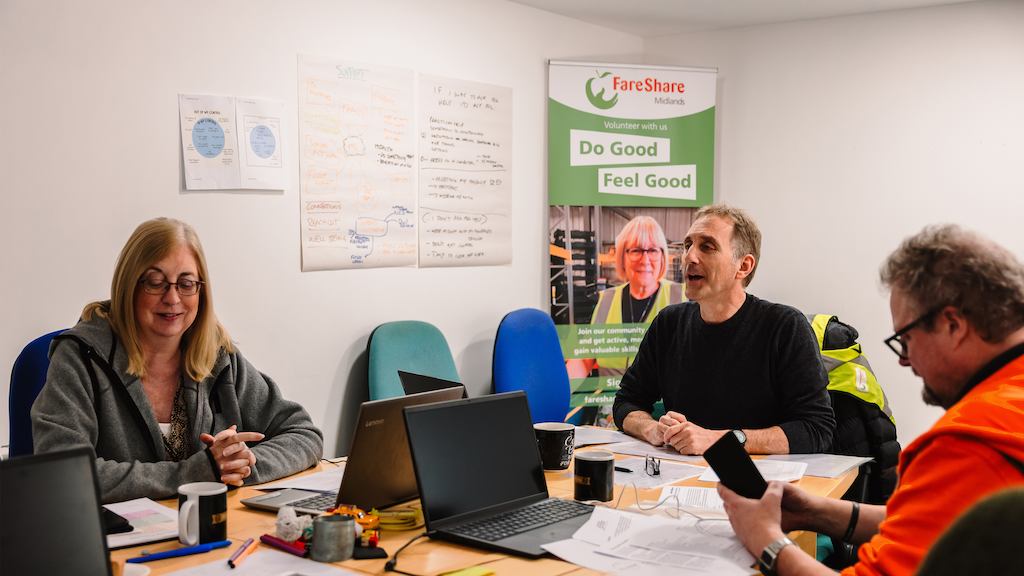We know that multi-generational workforces drive productivity and innovation but despite this, many older people face barriers that make it difficult to remain in work. People aged 50 and over are twice as likely to struggle to find a new job if they're made redundant and often face age discrimination in recruitment.
For people who are being made redundant from life-long or long-term jobs, redundancy can come as a shock and a blow to their self-esteem. Many haven’t had to apply for a job for many years and feel unsure about the value of retraining later in their careers. The current employment support services on offer often aren’t effective for this group and don’t meet their needs.
In 2021, the Centre for Ageing Better (with funding from Barclays Lifeskills), commissioned research into effective support to help people aged 50 to state-pension-age find fulfilling work after redundancy. The initial phase of research and co-design spanned two years, was led by Shift Design in partnership with people aged over 50 who had recently been made redundant, or who were facing redundancy. The learning from this prototyping phase enabled us to develop a redundancy support service aimed at older workers. We tested this service in the West Midlands, commissioning FareShare Midlands to run a one-year pilot project. The initial target were people in the manufacturing and automative industries who were at risk of redundancy. This sector is one of the sectors with the highest proportion of older workers.
We found that by taking a coaching approach, participants are able to build their confidence around applying for jobs and have the space and support they need to explore possible job options. Recognising the devastating emotional impact redundancy can have on individuals, the course centred on group coaching, with peer groups working to support each other through the process alongside a professional coach.
One participant explained: “when I went on the course, I was a bit low, really, because I didn't know what to do. But they gave me confidence to build a CV. They brought out my skills that I didn't know I had, transferable skills.”
The three-day course allows time for participants to process their feelings, reflect on their current situation and to consider their aspirations for future employment. Time spent investigating transferable skills, strengths and weaknesses enables participants to consider a broader range of opportunities. Practical skills such as creating a CV, searching for appropriate employment opportunities, and preparing for an interview enable participants to re-enter the jobs market with confidence and a positive mindset.
One worker who took part in the project said: “My confidence has risen with teamwork and interaction. It was so low at the start… because it feels like you’ve been put on the scrapheap. No one has talked to us about that and now I feel like I've been lifted.”
We commissioned the Learning and Work Institute to undertake an evaluation of the project. To find out more about our work, you can contact us directly: [email protected]

